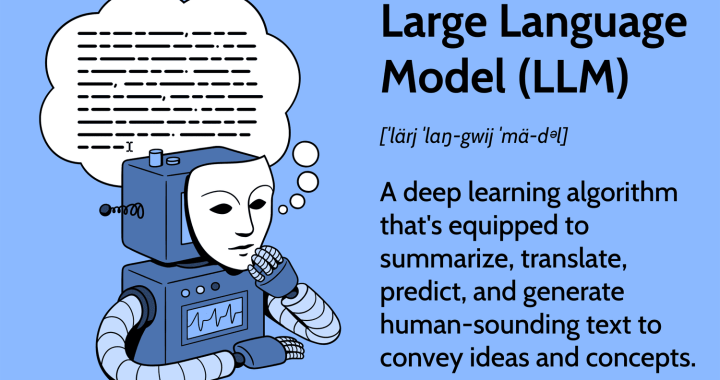Ain’t no thing, either way, the play ends.
We go home, and go to bed. Commonly, a happy ending comes at the end of a comedy, usually in a marriage; while a sad ending comes at the end of a tragedy, usually everyone’s death.
You could argue that the genre of a work of art is its ending. Certainly, in the creation of a piece, the writer doesn’t know what he’s working with until he reaches the very last page. Where upon typing the resounding “The End,” only then, does the story whisper what it wants to be. Then it’s back to the lab, editing, and revising, until the piece is done.
In the movie Adaptation, we see a Nicholas Cage struggling to break from his mold. His creativity is his own block. Wouldn’t it be nice to just write a story people enjoyed. After trials and errors, he asks a motivational writer speaker, those who promote writing workshops, how he can salvage an unconventional, eclectic story that has to sell. We, the audience, scoot to the edge of our seat. No matter what — says Brian Cox’s character, more or less — if you write an ending people remember, then you have a good story. Ah! And then the movie ends on a spectacular note.
I turn up to the books in my bookcase.
Of course, my favorite books have awesome endings. Ulysses, by Joyce, ends with the Molly Bloom monologue, YES! The Last of Her Kind, by professor Nunez, ends with the letter from a jail. Department of Speculation, by Offill ends with the falling leaves, a symbol of the style she utilized to tell the story. The Odyssey, by a blind man, concludes with three generations of kings fighting the Ithican people, before everyone gets their memories wiped by Athena, Men in Black style.
With the title of this post’s prompt on my mind, it dawned on me that the endings I really like aren’t necessarily good or bad, just dynamic, triumphant, resounding, sometimes conclusive, other times elusive. Heck, even if an ending kinda sucks, it won’t take away from a whole work. That’s the great thing about the Adaptation advice. An ending can only help a story, not really take away. I’m thinking of a Russian satire novel I read last week, called Twelve Chairs, by the humorists Ilf and Petrov. In this wacky treasure hunt, set in the decade immediately following the soviet takeover, we find a fallen aristocrat teaming with a silver tongue adventurist, in search of a per-revolution set of diamonds, hidden in old furniture (the chairs!) that has been cast around the country. Even if I told you the ending, you could still enjoy the story.
Because the best part of reading a story should always be reading the story.
I’m also thinking about my 8 year-old student, whom I tutor (sorry, I had to use whom here, not sorry, so natural these days). We read a little story called Mr Chatterbox. I laughed, he laughed, I shook my head, the student stared eyes-wide at the dialog of a motor-mouthed cartoon, talking to himself, useless interjections, and asides galore. Ahem! I am not a chatterbox, eh! The ending, being a children’s book, spoke in a very high and clear moral.
But something curious happened. When I asked my student about the moral of the story, which was very marked, immediately at the end of the story, my student couldn’t remember. He’s a young reader, true, but what surprised me was — and I would agree — the ending of the book wasn’t our favorite part. It was watching Mr Chatterbox penalized for his talking, that is the meat of the book. It isn’t that we ought to change the ending, for it to be Shakespearean (oh God, a cartoon shouldn’t get married or die, that would be extra, demasiado).
What are my favorite sad and happy endings?
I suppose it is time to answer the question. It is just that I had to get all the above off my chest, didn’t mean to chatter, just frame my corny ass answers. Here are two, markedly sad and happy endings. Not necessarily my “favorite,” just endings that never left me.
The one ending I remember that made me tear up like a broken water hose came from a now past cartoon series. Watching it again just now made my chest ache, after over twenty years, dang. The ultimate blend of nostalgia, through montage, dramatic music, in the background, and letting go of a best friend.
Seriously, I had to pause the episode in the play room, run to the spare tv in the back room of the house, and watch the episode’s conclusion on my own, so no one would hear my balling on a Saturday morning.
Now, cough cough. The happy ending.
For every American, there is a special sports movie. Maybe it’s Miracle, maybe it’s Coach Carter, or Remember the Titans, Karate Kid. But for me, it is Wind. This 1992 film, combining sport action with movie romance, shows the complete humiliation of the American sailing team who lost the nation’s centuries long winning streak over the world to the formidable Austrian team for the 1980s. A story of loss and triumph, the ending, full of passion and ingenuity, of cunning and perseverance (all the makings of a sports film!), the same team that lost the cup wins it the following competition. And it’s all here, in this sailing movie.
For the full ending, with the music and the waving American flags in the wind, click here.
This was the movie, and we all have a movie like that, that I begged and begged my parents to replay over and over again. The ending is tight, for sure, and I never forgot its lesson. That no matter how hard you fall or how embarrassing, you can always come back out on top. Try saying that many prepositions, and not smiling;). Hard work pays. America.




